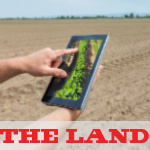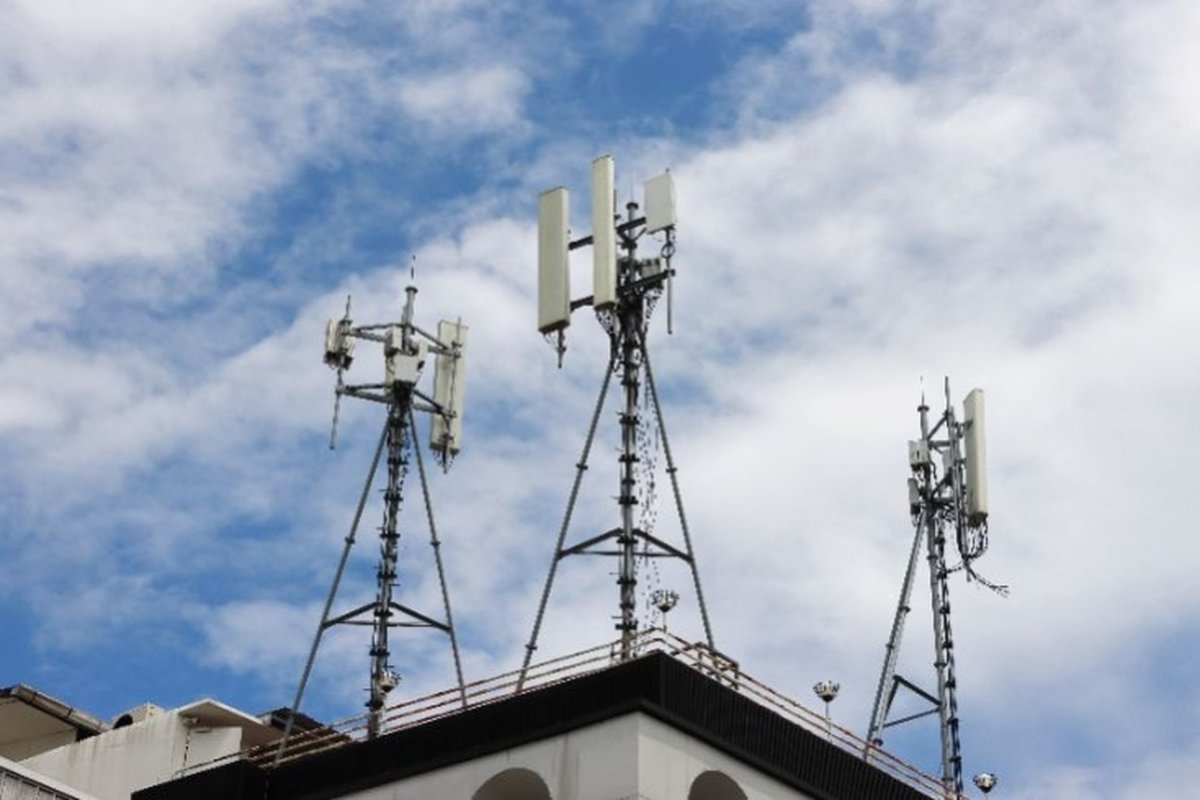Telecommunications believes in a world where everyone can communicate and be connected no matter where they may be.
The same belief now utilised to solve age-old farming problems, such as monitoring remote bore pumps, has taken Powertec on a journey into new territories.
Powertec Telecommunications has been in operation for 25 years and specialises in providing commercial grade connectivity and communication solutions.
In recent years due to client demand, the business has transitioned into long-range and other radio frequency-based equipment.
About eight years ago, Powertec discovered a product called CEL-FI, which director Ran McDonald said is still the only retail legal mobile phone booster available in Australia. They are now one of the world’s largest distributors and installers of that product.
“Due to that particular product and its reach into regional Australia, we were welcomed by clients and dealers in those areas,” Mr McDonald said.
The company was called on by businesses and farmers over a period of time to fix their communication issues.
“We were then asked to go into different areas to build long-range radio towers, LoRa-based and other Wi-Fi systems and provide connectivity for farmers and people living in rural areas,” Mr McDonald said.
That led to the company building Internet of Things (IoT) devices for the agricultural sector and other industries.
“When looking at the new IoT industry, we found that farmers often purchased three or four different monitoring systems over the years and they were all fairly good systems in their own right, but all of them tended to use different forms of radio frequency communications, some of them used cellular-based communication, which may or may not work in all areas of the property, and all of them used different dashboards,” he said. “We thought it was ridiculous, our great Aussie farmers are just being sold bits and pieces of technology that don’t all roll together, so we went about solving this problem.”
Powertec began building a universal connectivity module that could plug into any farming device, no matter how exotic in terms of whether it is a rain gauge, soil probe or controls for gates, dams and machinery and industrial refrigeration systems.
The module was unique in being able to connect to a multiple of networks using a multiple of protocols.
“This product has come a long way and it is still a world first,” Mr McDonald said.
“We now have a product we can communicate with; we can control, update and change the configurations remotely.”
Powertec devices can be found in some of Australia’s most remote corners and it is in these areas where they are highly recognised for the service they provide.
“The biggest issue with remote and regional areas is connectivity, it is necessary and needs to be relied on,” Mr McDonald said.
“There is a lot of argument about whether Australia or Israel has the best dryland farmers. I back us and I think by adding this type of technology we can be even better.”
Powertec has close to 60 staff members and about 100 accredited contractors throughout rural Australia who they use for support and jobs.
One member of staff who stands out is Tom Bolton. Tom was a Powertec account manager based in Townsville, North Queensland and came from a farming family on the Atherton Tablelands.
“We realised he had a real passion for farming, he understands it and he knows all the radio technologies really well. So, we brought him down to the head office on the Gold Coast to get more involved in our IoT division,” Mr McDonald said.
Mr McDonald believes Tom is the true representative of the farmer because he knows what farmers want.
“He is trustworthy, reliable, his information is accurate and he has been amazing at not only reaching out to farmers but also relaying what farmers want so that what we are developing is exactly right for the environment,” he said.
One of our earliest test cases, when Powertec was developing a product, was carried out on Tom’s family farm.
“The uncertainty of whether a water trough doesn’t fill up and the livestock die, or if a dam overfills, all of those things are manageable, but generally require a lot of labour,” Mr McDonald said.
“The technology helped Tom’s dad by reducing the amount of labour, adding convenience and allowed his dad to travel and look up the farm’s data while he was at the beach or on holiday without the worry.”
A version of this article was originally published by The Land




